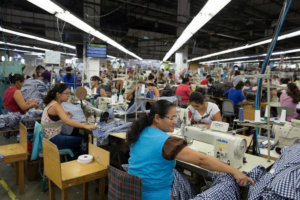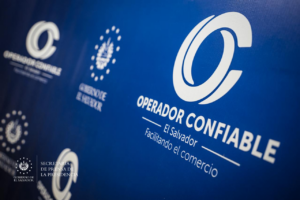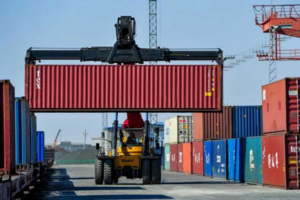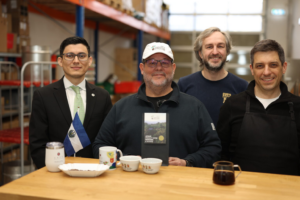The Corporación de Exportadores de El Salvador (COEXPORT) organized a crucial event that brought together more than 100 professionals, with the goal of analyzing and maximizing the opportunities offered by the US market. This market remains the main destination for salvadoran products, consolidating its position as an indispensable trading partner for the country.

COEXPORT President Silvia Cuéllar underscored the importance of the United States and highlighted the relevance of nearshoring as a new strategic opportunity. This trend, which involves relocating supply chains closer to home, represents a unique opportunity for El Salvador to attract investment and expand its reach in the North American market. Despite the political uncertainty, the sector is preparing to adapt.
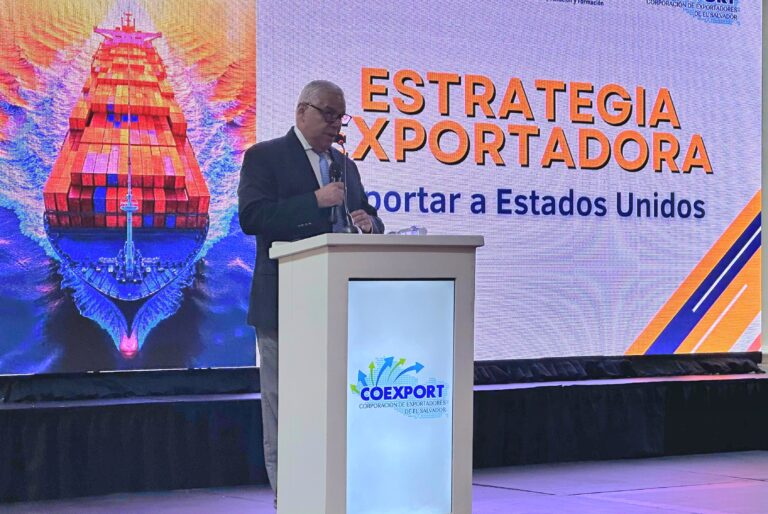
According to recent data, trade with the United States has shown an interesting trend. Although exports reached a record US$2,759.4 million in 2022, subsequent years have seen a slight decline, closing 2024 at US$2,134.9 million. This 5.4% drop in the first half of 2025, while notable, does not change the fact that the US remains a fundamental pillar.

Silvia Cuéllar, president of COEXPORT, has clarified that the decline in exports to the United States is not a competitiveness issue, as El Salvador maintains the same 10% tariff as other Central American countries such as Guatemala and Honduras. According to Cuéllar, the situation is due to a change in demand for products in the US market. This phenomenon has led the country to export more food and face a contraction in clothing sales.
Likewise, the president of COEXPORT emphasized the need to diversify markets, noting that El Salvador should not depend exclusively on the United States. She mentioned the search for new opportunities with countries such as Peru, with which an FTA is being negotiated, and the Mercosur bloc, even organizing a trade mission to Argentina. This diversification strategy’s main objective is to ensure the long-term growth and sustainability of salvadoran exports.

Despite the challenges, experts highlighted the potential of the United States, an attractive market due to its cultural diversity and bilingualism, which facilitates connection with Latin and English-speaking consumers. These factors, combined with a solid business infrastructure, offer fertile ground for business creation and expansion, especially for those led by the salvadoran migrant community.
To strengthen the sector, the creation of a National Innovation System was proposed, integrating education, exports, and foreign investment. This initiative seeks to improve the productivity of MSMEs and the informal sector by promoting the adoption of new technologies such as Artificial Intelligence. Collaboration between businesses, academia, and government will be key to consolidating this ecosystem.
The event concluded with practical recommendations on logistics and regulatory compliance. The need for accurate tariff classification and staying up-to-date on regulatory changes to avoid setbacks was emphasized. These strategies, along with the identification of market niches, are vital to the growth and positioning of salvadoran products.


